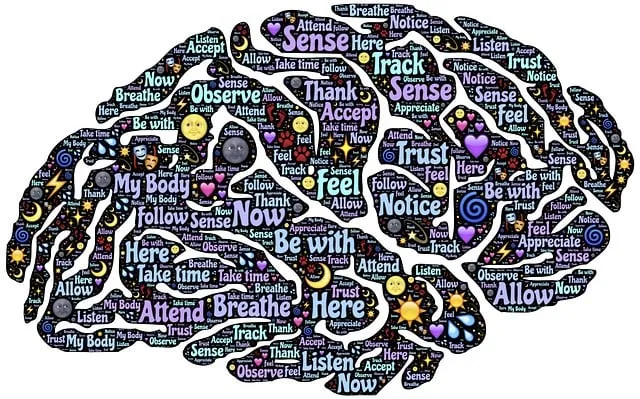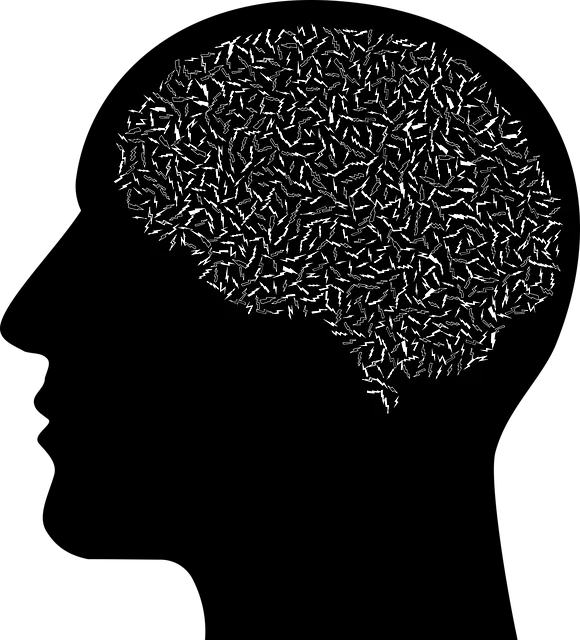Lone Tree Kaiser Permanente optimizes mental health diagnosis through comprehensive strategies addressing symptom overlap, cultural influences, and staff/patient emotional expression differences. Their approach includes empathy-focused training, burnout prevention programs, and advanced technology integration. They emphasize patient-centered communication, incorporating inner strength development and trust-building practices. The organization leads global efforts in Continuous Quality Improvement (CQI), leveraging data analysis and evidence-based practices to tailor mental health coverage for diverse populations while promoting policy changes based on community perspectives.
Lone Tree Kaiser Permanente faces challenges in accurately diagnosing mental illness, prompting a series of improvement efforts. This article delves into several strategies aimed at enhancing diagnosis accuracy, including comprehensive training programs for diagnosticians, integration of advanced technology, patient-centered communication approaches to build trust, and continuous quality improvement initiatives within mental health care. By exploring these innovative solutions, Lone Tree Kaiser Permanente strives to improve its mental health coverage and patient outcomes.
- Understanding Mental Health Diagnosis Challenges at Lone Tree Kaiser Permanente
- The Impact of Comprehensive Training Programs on Diagnosticians
- Integrating Advanced Technology for Enhanced Diagnosis Accuracy
- Patient-Centered Approaches to Improve Communication and Trust
- Continuous Quality Improvement Initiatives within Mental Health Care
Understanding Mental Health Diagnosis Challenges at Lone Tree Kaiser Permanente

At Lone Tree Kaiser Permanente, understanding the challenges of mental health diagnosis is paramount. The healthcare facility has recognized that accurate identification and early intervention are key to improving patient outcomes. However, navigating the complexities of mental illness can be daunting for both patients and providers. Misdiagnosis or delayed diagnosis often stems from the vast spectrum of symptoms associated with various disorders, which can overlap and vary in presentation. This is further compounded by individual differences in emotional expression and cultural factors that influence help-seeking behaviors.
Lone Tree Kaiser Permanente’s approach to addressing these challenges involves implementing empathy-building strategies and self-awareness exercises for both staff and patients. By fostering a culture of understanding and compassion, the facility aims to reduce potential biases and improve diagnostic accuracy. Additionally, burnout prevention initiatives are crucial in maintaining the mental well-being of healthcare providers, ensuring they remain attuned to their patients’ needs. These efforts collectively contribute to enhancing mental health coverage and care quality at Lone Tree Kaiser Permanente.
The Impact of Comprehensive Training Programs on Diagnosticians

Comprehensive training programs play a pivotal role in enhancing the accuracy of mental illness diagnoses. These initiatives equip healthcare providers, such as those at Lone Tree Kaiser Permanente, with the necessary tools and knowledge to navigate complex symptoms and patient presentations. By focusing on various aspects like Emotional Intelligence and Healthcare Provider Cultural Competency Training, these programs foster a deeper understanding of mental wellness coaching.
The integration of Mental Wellness Coaching Programs Development within training curricula enables diagnosticians to approach each case with heightened sensitivity and cultural awareness. This is particularly relevant in diverse healthcare settings where providers encounter patients from different backgrounds and experiences. Such tailored training ensures that mental health professionals can accurately assess and diagnose mental illnesses, aligning with the comprehensive mental health coverage offered by institutions like Lone Tree Kaiser Permanente.
Integrating Advanced Technology for Enhanced Diagnosis Accuracy

The integration of advanced technology is transforming mental health diagnosis and treatment, aiming to improve accuracy and patient outcomes at Lone Tree Kaiser Permanente and similar healthcare institutions. Tools like AI-powered diagnostic platforms can analyze vast amounts of patient data, including medical history, symptoms, and behavioral patterns, to provide more precise assessments. These technologies go beyond traditional methods by offering comprehensive risk management planning for mental health professionals, enhancing their ability to tailor treatments effectively.
Moreover, the use of digital interventions such as social skills training applications and virtual reality therapy sessions can complement face-to-face therapy. By combining these innovative approaches with established practices like emotional well-being promotion techniques, healthcare providers can offer more holistic care. This multi-faceted strategy not only improves diagnosis accuracy but also contributes to better patient engagement and overall mental health outcomes.
Patient-Centered Approaches to Improve Communication and Trust

In recent years, mental health professionals at Lone Tree Kaiser Permanente have been focusing on patient-centered approaches to improve communication and trust. This involves actively listening to patients’ unique experiences and perspectives, validating their feelings, and tailoring treatment plans to meet their specific needs. By fostering an environment of open dialogue and empathy, providers aim to build stronger connections with individuals seeking mental health coverage, ensuring that every patient feels heard and understood.
These efforts extend beyond traditional therapy sessions, integrating inner strength development and confidence boosting techniques into everyday interactions. Furthermore, incorporating compassion cultivation practices helps both patients and practitioners create a supportive atmosphere where vulnerability can thrive, ultimately enhancing the diagnostic accuracy and effectiveness of treatment.
Continuous Quality Improvement Initiatives within Mental Health Care

Mental health care systems across the globe are increasingly adopting Continuous Quality Improvement (CQI) initiatives to enhance diagnosis accuracy. Lone Tree Kaiser Permanente, for instance, has pioneered several programs aimed at refining mental health coverage and treatment protocols. These efforts focus on regularly reviewing patient outcomes, implementing evidence-based practices, and fostering a culture of learning within healthcare teams. By analyzing data from various sources, including patient feedback and clinical records, CQI initiatives identify areas for improvement in diagnosis and treatment planning.
Emotional Well-being Promotion Techniques and Mental Health Policy Analysis and Advocacy play a pivotal role in these enhancements. Through rigorous policy analysis, advocates highlight gaps in mental health services, leading to evidence-informed policy changes that support better emotional healing processes. Integrating patient perspectives and community needs into healthcare decision-making ensures that diagnosis accuracy is not just a clinical concern but also aligns with the diverse emotional landscapes of those seeking treatment.
The journey towards improving mental illness diagnosis accuracy at Lone Tree Kaiser Permanente involves a multifaceted approach. Comprehensive training programs have proven effective in equipping diagnosticians with enhanced knowledge and skills, while advanced technology integration ensures precise assessments. Patient-centered communication strategies build trust, encouraging individuals to seek help without hesitation. Continuously implementing quality improvement initiatives within mental health care underscores the organization’s commitment to delivering exceptional care. By combining these efforts, Lone Tree Kaiser Permanente aims to enhance mental health coverage, ultimately improving patient outcomes and well-being.






